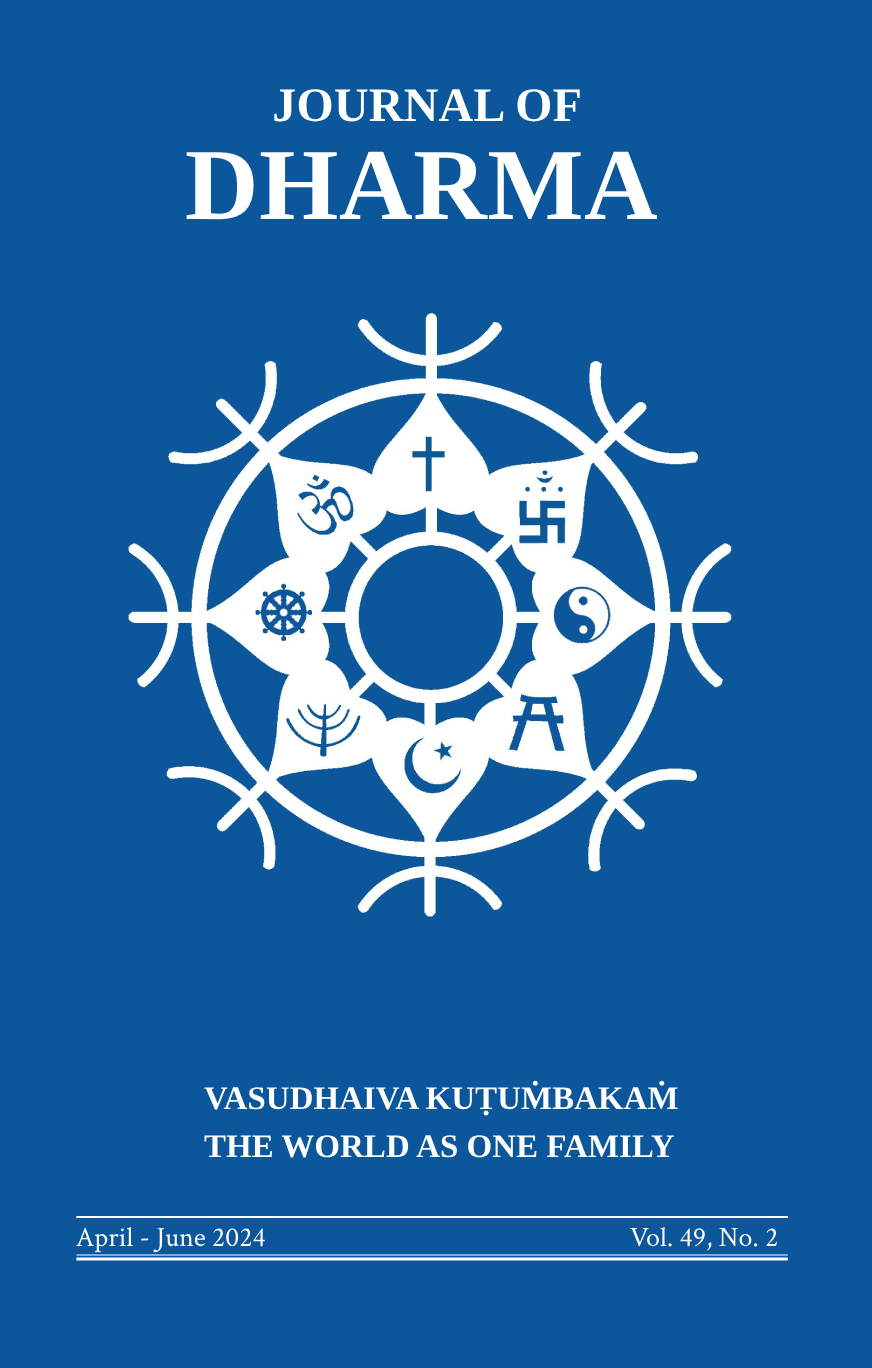Christianity and Politics in Modern Japan
A Connected Historical Approach Towards Religio-Political Wellbeing
Keywords:
Japanese Christianity, Samurai Class, Emperor System, Connected History, Westernism, The Constitution of the Empire of Japan, Freedom of Religion.Abstract
When examining Christianity in Japan, establishing a relationship with the state became a vital ideological challenge, especially as the collaboration of churches with the government during World War II raised profound moral and spiritual dilemmas for Japanese Christians. Historically, like other religions such as Buddhism, Japanese Christianity minimized its doctrinal elements in state interactions, seeking recognition by aligning with state-driven goals such as morality, education, and national ideology. This paper explores how modern Japanese Christianity navigated these complexities and developed a global relationship with the state, using a connected historical approach to religio-political wellbeing. By employing this framework, we trace how Christianity balanced political entanglements with preserving its religious integrity, reshaping its mission to align with state objectives. This research provides a compelling case of how religion and politics intertwined in Japan, giving rise to distinctive characteristics that helped cultivate a vision of a global family among Japanese citizens. Ultimately, the article highlights how Christianity in modern Japan sought both survival and influence, contributing to a more integrated understanding of religio-political wellbeing and global interconnectedness.
Published
How to Cite
Issue
Section
License
Copyright (c) 2024 Journal of Dharma

This work is licensed under a Creative Commons Attribution-ShareAlike 4.0 International License.

